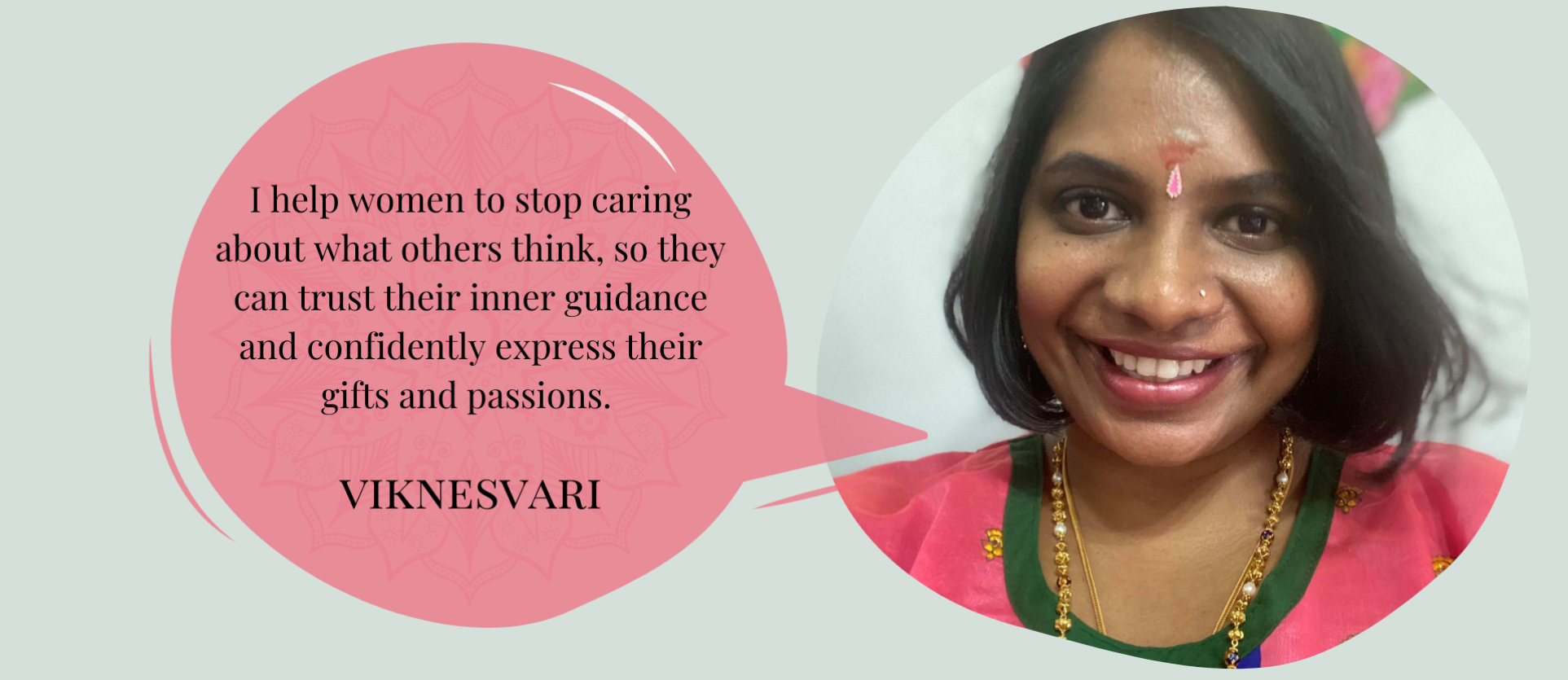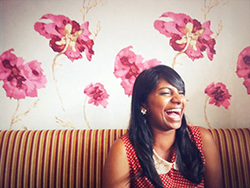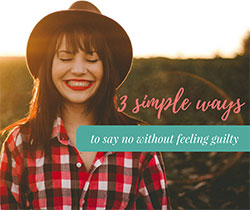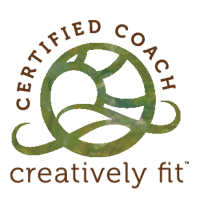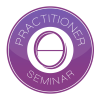Transforming my Relationship Mistakes from Shame to Growth

My husband and I had an experience that left us both feeling angry at each other. I felt like I had made a mistake.
You’d think that making a mistake isn’t a crime, it’s how we learn – through making mistakes.
Yet as I sat with my discomfort in, “what’s wrong with making a mistake?” … and for me, it brought feelings of shame to the surface. Shame sits in my stomach. I can feel my body protecting me by helping me to not feel this shame intensely.
As I keep the shame down, there’s space for the anger to rise, to protect me further. Anger rises almost like a weapon to say: Stay away from me, I don’t want you to see me in my shamefulness.
I walk away and disconnect, because I feel too much in shame to be seen by you.
Wow. These words are so powerful even as I sit now to look within myself, to listen to my body.
Re-reading these words tickles my eyes with tears. I realize that I’ve “worked so hard” to be okay, to be cool, about making mistakes.
Trying “so hard” to not make mistakes has driven the perfectionistic tendencies within me for so many years in my past. To get things right. To just be perfect. To do it well.
I’ve practiced “so hard” to let go of the thoughts that I had made a mistake, soothing myself that that’s how I learn.
But by engaging in these cognitive processes, I’ve neglected the underlying feelings of shame – in my body.
I feel shame because I am beating up on myself for the mistake that I had made.
I’m afraid of being seen in my shame.
I’m afraid of being seen in my shadow.
I’m afraid of being seen as whole (and this surprises me).
The only way you can see me as whole, is if I not only let you see my light, but let you in to see my shadow as well.
So, hello again.
This is me and all of who I am.
I am no longer censoring and choosing parts to share with you. I am choosing to share my whole truth.
I’m afraid I won’t accept myself as whole.
I know this is an illusion. I’m holding myself and asking myself to go deeper, that all of me is here and I am safe.
Not accepting myself as whole, means that I’m not accepting God, because God is perfect and I am not.
Making mistakes makes me feel shame, because I am not being perfect and therefore I am not God.
This is not true. This is not my truth. Yet it has come up to the light now to be witnessed and I feel a sense of lightness in my heart. The tightness in my stomach, the discomfort has eased.
So what does “making mistakes” really mean then?
I hear: “it’s fun” and that makes me laugh.
Making mistakes is part of growth. It doesn’t mean I am more or less of a person. It simply means I get to choose, if I want to repeat my ways or make a different choice next time.
Now I am turning my mistakes into fun choices and masterpieces and I invite you to try the same with me.

